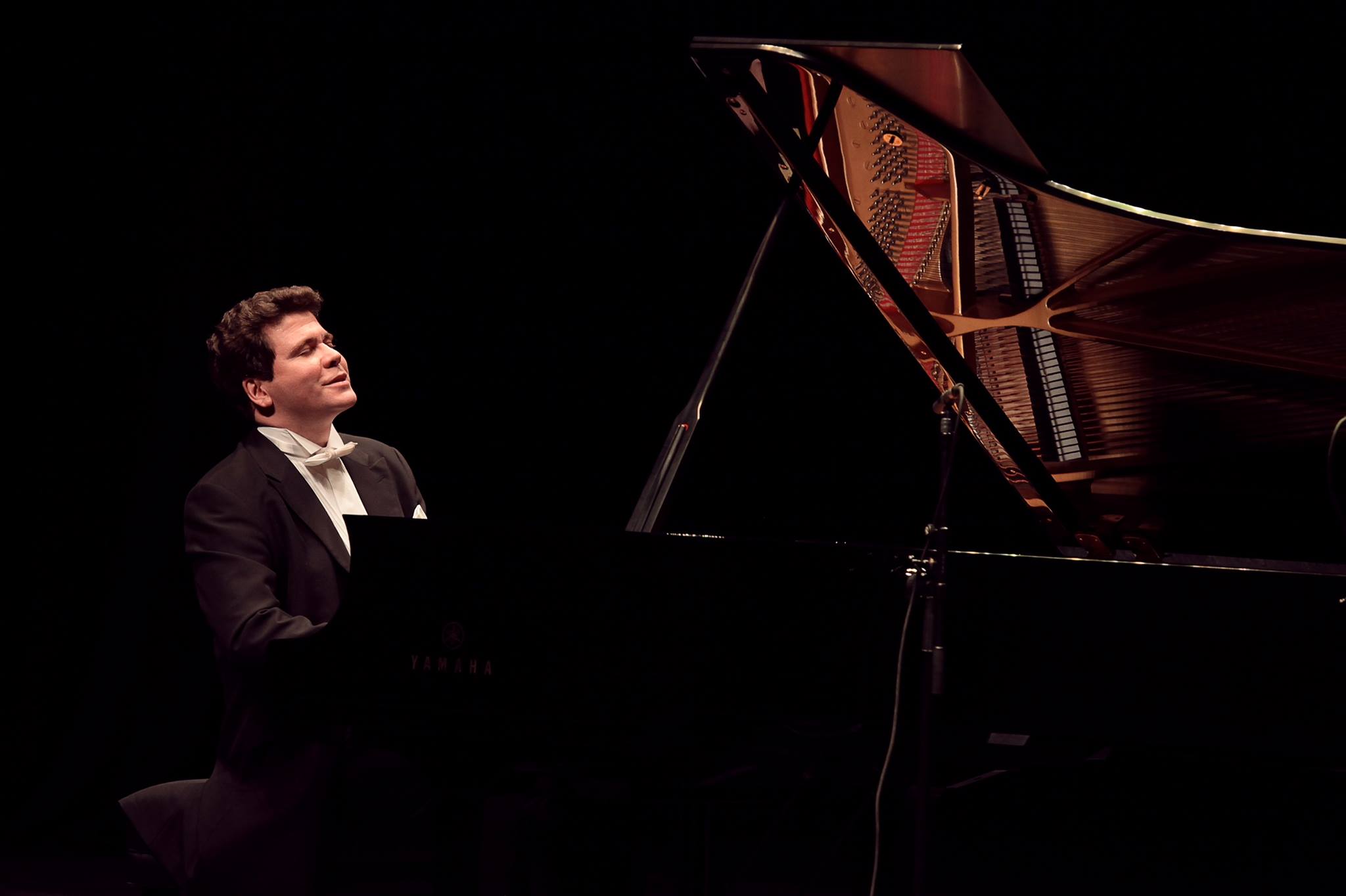Denis Matsuev

A couple of years ago I was enthusiastically telling a friend about a recital I had just attended by Khatia Buniatishvili. At some point while we were talking my friend, who, like Buniatishvili, is Georgian, asked me if I'd ever heard of Denis Matsuev. I said no, to which she replied that I must -- that he was a tremendous pianist, maybe the best Russian pianist on the planet. So last weekend I did, showing up with a sense of excitement at Matsuev's recital at the Music Center at Strathmore featuring music by Beethoven, Schumann, Tchaikovsky, and Prokofiev. The audience loved it. I didn't.
The first half began with Beethoven's Sonata No. 31 (Op.110), the beginning of which was almost unrecognizable under Matsuev's relentless use of pedal sustain and furious, rollicking tempo. As he progressed through the movements, moments where a listener might expect clearly-shaped, nuanced phrasings drowned under torrents of dampened banging, in which the fugue became a muddled funhouse hall of mirrors and the climactic ending of the third movement surrendered to a bludgeoning.
Schumann's Symphonic Etudes received the same treatment and proved equally unable to absorb the beating. Where others might gingerly dance or emphatically skip their way through Schumann's lyricism, Matsuev stomped. I began to understand why my friend associated what I'd said about Buniatishvili with Matsuev, -- both pianists play at the extremes: but listening to Buniatishvili I hear a musician questioning, poking, and intellectually engaging with the composer; Matsuev's approach chooses power over poise and speed over nuance. It sounds designed to overwhelm the listener in an orgy of romanticism, but the result borders on vulgarity.
That's not to say Matsuev isn't precise, because he is, which he amply displayed during Liszt's bombastic and difficult Mephisto Waltz. But even this showpiece, which would seem tailor-made for a performer like Matsuev, suffered from a lack of rhythm and more banging. At last, his approach worked for Tchaikovsky's "Meditation," and yielded even better results during Prokofiev's fiery Sonata No. 7, when Matsuev finally gave the pedal some rest and let Prokofiev speak for himself, most effectively during the second movement where the death march sounded truly ominous under the force of Matsuev's playing, and during an all-out assault on the propulsive third movement. When it was over the audience thundered with approval, prompting Matsuev to return for two brief encores I recognized, but couldn't pin down.
If you liked this, like A Beast in a Jungle on Facebook for more.





